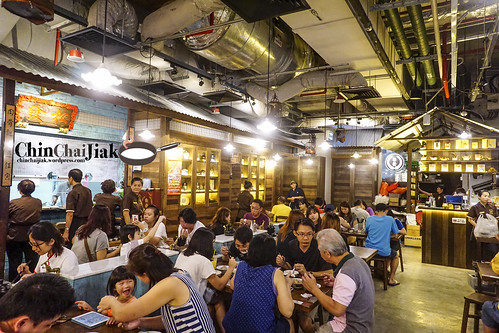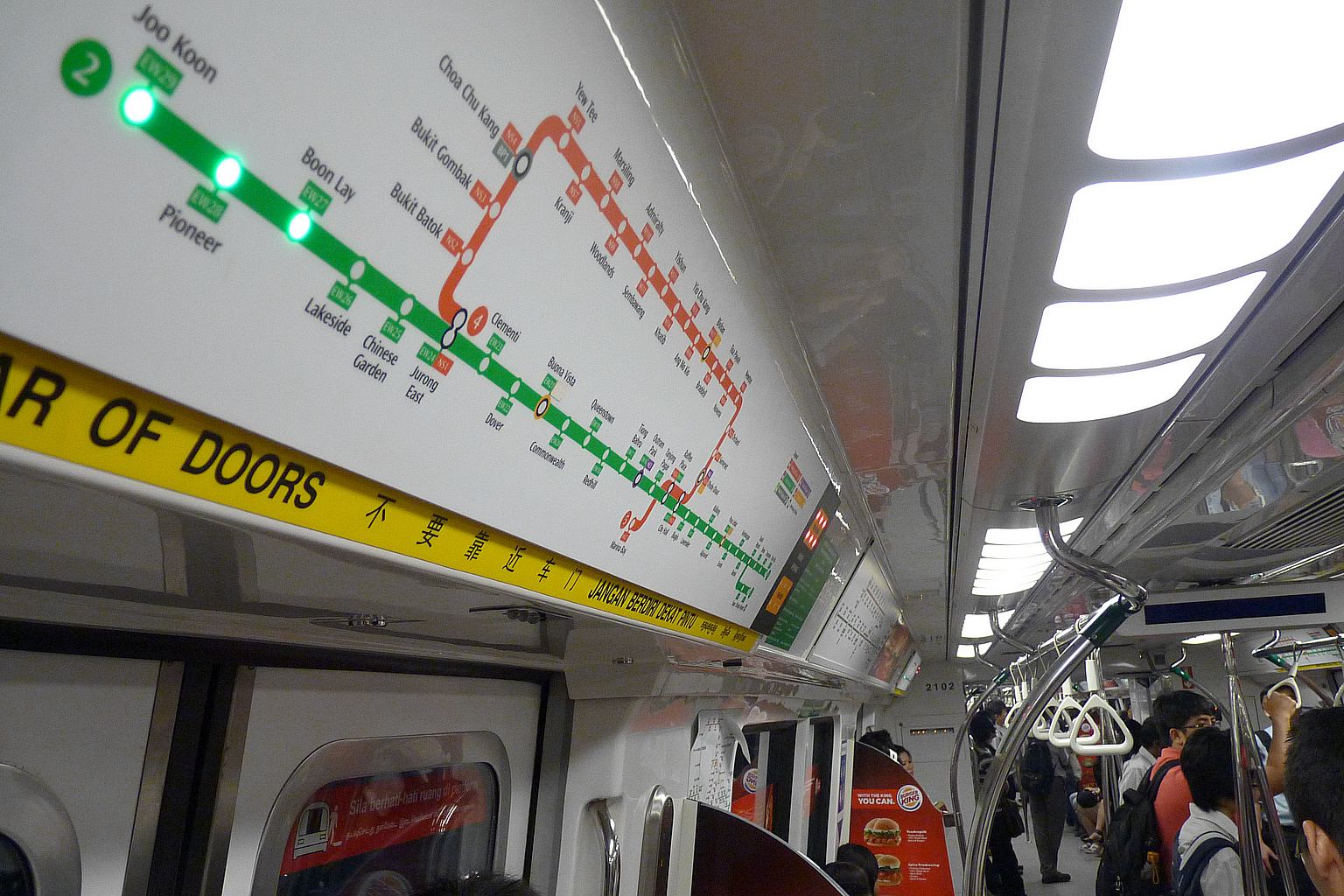A resident in Potong Pasir told me that he was very
disappointed at the results of the recent general election and was
planning to leave Singapore for good. In response, I expressed my strong
disappointment at his plan and urged him to stay.
General elections are a part of the political renewal
process that happens once every 5 years or so. The result of the recent
election is already an established fact and the higher the votes for the
winning party, the greater will be the voters' expectation of its
performance. The new cabinet has just been installed and how it performs
will be closely watched. Hopes are running high after SG50 and everyone
should rally together after the elections and put aside their political
differences. Rather than being pessimistic because many issues seem
unresolved as yet, we should learn to be optimistic and hope that the
government will have learnt from its past mistakes and address the many
issues that bug ordinary Singaporeans.
Singapore is a
beautiful place. A small, tropical island with no natural calamities,
except the seasonal haze because of the fires in Indonesia which is
aggravating. An enlightened government with a responsible citizenry
would be all that we need to make this country a modern paradise and the
happiest nation in the world. Many foreigners aspire to live and work
in Singapore and if Singaporeans should leave one after another, they
can be sure that there will be more new citizens. As it is, Singaporeans
are not producing enough children and that has been a justification for
adding a large number of new citizens each year. If this continues, the
Singaporean identity and culture that we know, will eventually
disappear.
Besides, billions of dollars in national reserves have been
accumulated over the last 50 years. Unlike many small countries,
Singapore has a strong financial safety net that will help her weather
the storms ahead. Every Singaporean has a stake in the national reserves
which is still accumulating. For as long as our government remains
incorruptible and financially prudent, and the formulation and
implementation of national policies are able to imbue greater confidence
in our future as a nation and not just as an economy, there is still a
lot that Singapore and Singaporeans can achieve and be proud of.
So stay and do your part.














